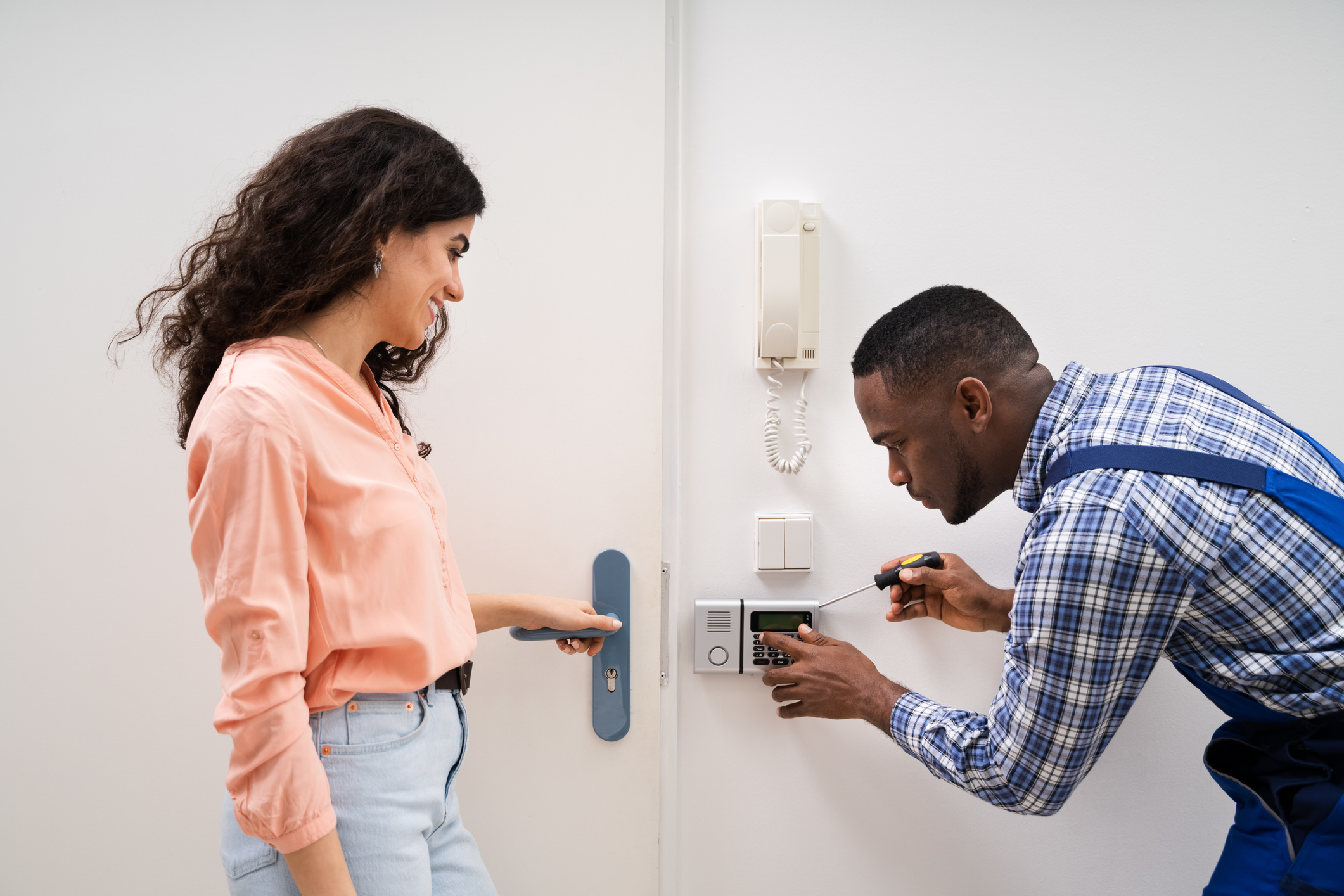A home lockout can happen to anyone – a distracted moment, a snapped key, or a malfunctioning lock can quickly leave you standing outside your own home. This guide helps you prepare so a lockout becomes a minor inconvenience rather than a full-blown emergency.
Understand How Lockouts Happen
Preparation starts with knowing common causes: forgetting keys inside, lock malfunctions, lost or stolen keys, doors slamming shut, or keys snapping. Each scenario suggests different preventive steps you can take.
Create a Backup Key Plan
Spare keys are the simplest safeguard but placement matters. Consider:
- Leaving a key with a trusted neighbor or nearby friend
- Having family members carry copies
- Installing a secure lockbox with a code
- Avoid obvious hiding spots like under doormats or flower pots
Use Smart Lock Technology
Smart locks greatly reduce the chance of being locked out. Options include keypads, biometric locks, and app-controlled locks that can be unlocked remotely. Temporary codes let guests enter without handing out physical keys.
Store a Locksmith’s Number in Advance
When a lockout happens, you don’t want to waste time searching for help. Save a reputable, local locksmith’s number now – one who offers 24/7 service, fast response, licensed technicians, and transparent pricing.
Practice Safe Lock Habits
Small daily habits prevent many lockouts: designate a key spot by the door, do a quick pocket-check before leaving, use a visible keychain, and make it routine to glance for keys before closing.
Prepare for Bad Weather Scenarios 🌧❄
A lockout in bad weather is more than an inconvenience – it can be unsafe. Keep weather-appropriate clothing near exits, carry a portable phone charger, and have a small emergency kit in your car or garage.
Think About Your Pets
Pets are part of your household plan. If you lock out, a trusted neighbor with a spare key can care for them. Leave clear instructions and supplies accessible in case you’re delayed.
Learn Simple Non-Destructive Entry Methods (Use Cautiously)
On occasion, safe entry methods like checking unlocked windows or garage access can help. Techniques like the credit-card trick only work on specific spring locks and are not suitable for modern deadbolts – misuse can cause damage.
Consider Rekeying or Upgrading Old Locks
Older locks are more failure-prone. Rekeying, lubricating, or replacing worn locks prevents many emergencies. Consider higher-quality hardware if you experience frequent sticking or key breakage.
Quick Practical Tips
Create a key checklist
Have a routine before you leave: keys, wallet, phone — check the essentials every time.
Label spare keys
Keep spares organized and stored with trusted people or lockboxes with unique combinations.
Use weather tools
Portable chargers, a small blanket, and a flashlight can make a cold lockout manageable.
Maintain locks
Periodic lubrication and inspection extend the life of locks and prevent jams.
Stay Calm During a Lockout
When it happens: take a breath, check all entry points, contact your spare key holder, call the locksmith you’ve pre-saved, and wait in a safe, well-lit area. Calm thinking leads to faster solutions.
Benefits of Being Prepared
A prepared household saves time, reduces stress, lowers the risk of property damage, and keeps everyone – including pets – safer. Small investments now avoid costly, stressful emergency scenarios later.
Preparedness Checklist ✅
- Spare keys stored securely
- Trusted key holder nearby
- Locksmith contact saved
- Smart lock or keypad installed (optional)
- Daily key-check habit
- Emergency weather supplies
- Pet care plan
- Locks maintained and updated

